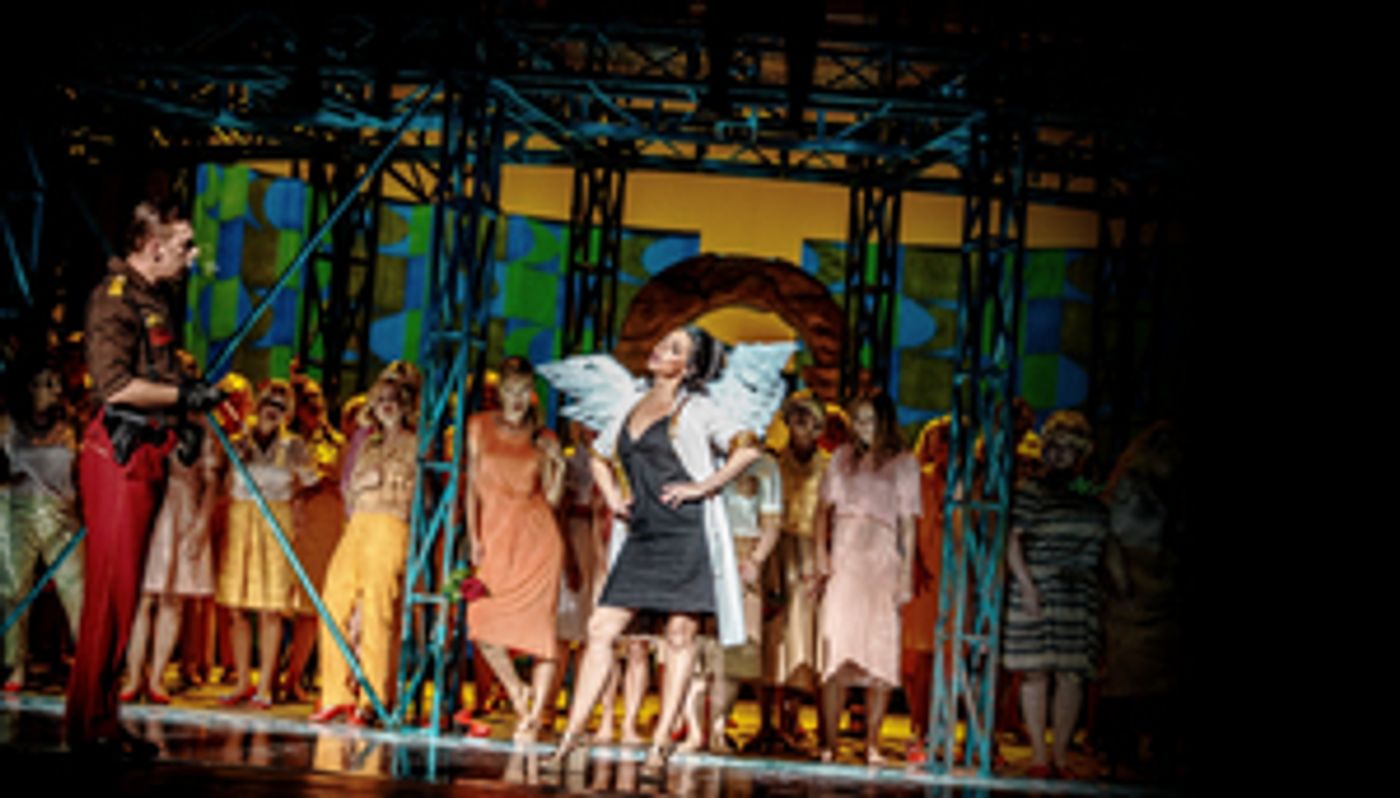CARMEN is Now Playing at Teatr Wielki - Opera Narodowa
Twenty-three years after that premiere, the job of staging Carmen for the Teatr Wielki was taken on by Poland's popular actor and director, Andrzej Chyra.

Older audiences of the Polish National Opera will undoubtedly remember Lech Majewski's splendid classical production of George Bizet's most famous opera with monumental sets by Janusz Kapusta and costumes by designed by Hanna Bakuła. Twenty-three years after that premiere, the job of staging Carmen for the Teatr Wielki was taken on by Poland's popular actor and director, Andrzej Chyra. This time round, the Warsaw audience was treated to a completely different and hardly traditional take on the masterpiece of the world opera repertoire.
Chyra enlisted the help of Małgorzata Sikorską-Miszczuk, a dramaturge he had worked with on the staging of an outspreading Polish 21st-century opera, Paweł Mykietyn's The Magic Mountain after Thomas Mann.
To cast new light on the well-known piece, Chyra and Miszczuk introduced to the opera an enigmatic boy figure and the Devil who seems less and less scary to the young character with each act. He appears to symbolise the fate that seemingly renders the characters helpless. In contrast to the bull/demon, the heroine has wings growing from her shoulder blades.
Georges Bizet was commissioned to compose Carmen by the director of Opéra-Comique in Paris, Camille du Locle. The score was written at the turn of 1874 and 1875. The libretto, based on Prosper Mérimée's novella, is the work of Henri Meilhac and Ludovic Halévy. Ever since its creation, Carmen has been fascinating dramaturges, writers, and film-makers. She is an undisputed icon of femininity. Sensual, tantalising, passionate, and mysterious, she is also valiant, unpredictable, temperamental, wild, and proud. But, above all, she is tragic. Her name is widely known and inevitably associated with something that you cannot ignore. It is present in every industry: the arts, hospitality, entertainment, business, and IT.
The role has been portrayed by some outstanding singers: Angela Gheorghiu, Elina Garanča, Anna Caterina Antonacci, Małgorzata Walewska, and even Maria Callas, who took on mezzo-soprano parts in the 1960s. The film industry could not resist it either. Over a century ago, in 1918, Ernst Lubitch's adaptation of Carmen starring Pola Negri opened with a pomp. Other actors to have portrayed the tantalising sex symbol on the silver screen were Maruschka Detmers in Jean-Luc Godard's iconic 1983 film First Name: Carmen with Beethoven's music and Rita Hayworth in Charles Vidor's The Loves of Carmen.
There was little indication that the opera would become a hit after its world premiere in 1875. While the first two acts were well received by the audience, the crowd's enthusiasm was waning with each subsequent act. When the curtain went down on the fourth one, the atmosphere in the auditorium was chilly, a fact that embittered the composer, who had become more invested in the work than in any of his previous pieces. But there was a person who predicted that the 'scandalous' and 'blasphemous' opera would become a success. His name was Pyotr Tchaikovsky. In his 1880 letter to Nadezhda von Meck, the Russian composer wrote: 'I am convinced that within some ten years or so Carmen will be the most popular opera in the world!' He was not wrong.
Learn more at https://teatrwielki.pl/en/repertoire/calendar/2021-2022/carmen/termin/2022-04-10_18-00/
Videos


